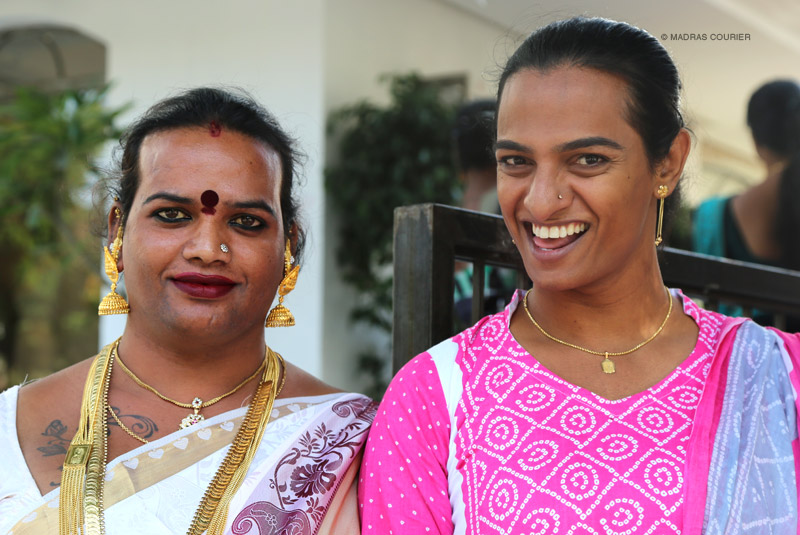Despite 69 years of democracy, transgendered people in India continue to face routine acts of discrimination and identity-deprivation. A landmark Supreme Court judgment in 2014 seemed set to change this – guaranteeing them the same rights as other Indian citizens.
The judgment was followed by a bill being passed in the Rajya Sabha – the Rights of Transgender Persons Bill, 2014 (passed on April 24, 2015). It was the first private bill to be passed in the Rajya Sabha in 45 years and was largely welcomed by trans activists. For a while, it seemed as if progress had been made.
Though India trailed nations like Pakistan and Nepal in passing this judgment, it left the country in better adherence to the Universal Declaration of Human Rights. As a UDHR fact-sheet states:
The equality and non-discrimination guarantee provided by international human rights law applies to all people, regardless of sex, sexual orientation and gender identity or ‘other status.’ There is no fine print, no hidden exemption clause, in any of our human rights treaties that might allow a State to guarantee full rights to some but withhold them from others purely on the basis of sexual orientation and gender identity
Copyright©Madras Courier, All Rights Reserved. You may share using our article tools. Please don't cut articles from madrascourier.com and redistribute by email, post to the web, mobile phone or social media.Please send in your feed back and comments to [email protected]











